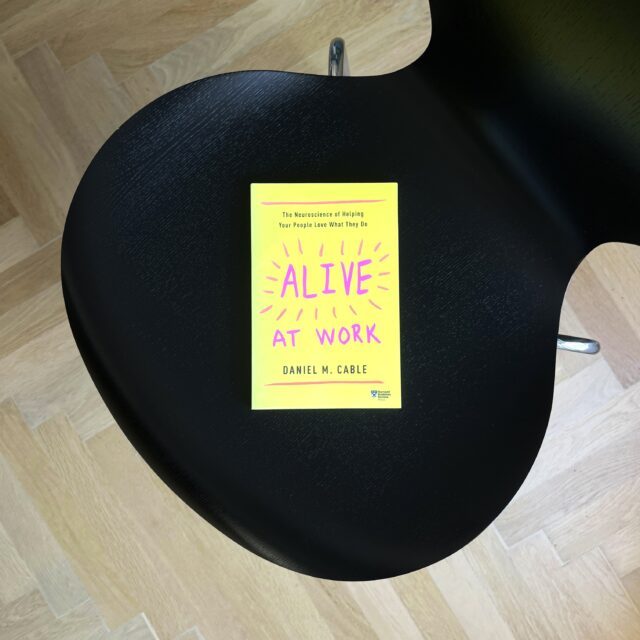Insights
Are you curious about what we do? We offer you insights into our world and that of our clients, provide practical tips and bring you news and topics relating to leadership and change.
Flora Otahal
The Seeking System drives us to constantly discover new things and develop ourselves further.

Mini holiday offboarding
C.S.Lewis
Irren ist menschlich. Fehler zuzugeben zeugt von Charakter. Aus ihnen zu lernen führt zum Erfolg.

Align decisions with your own North Star
Blog post by Flora Otahal

